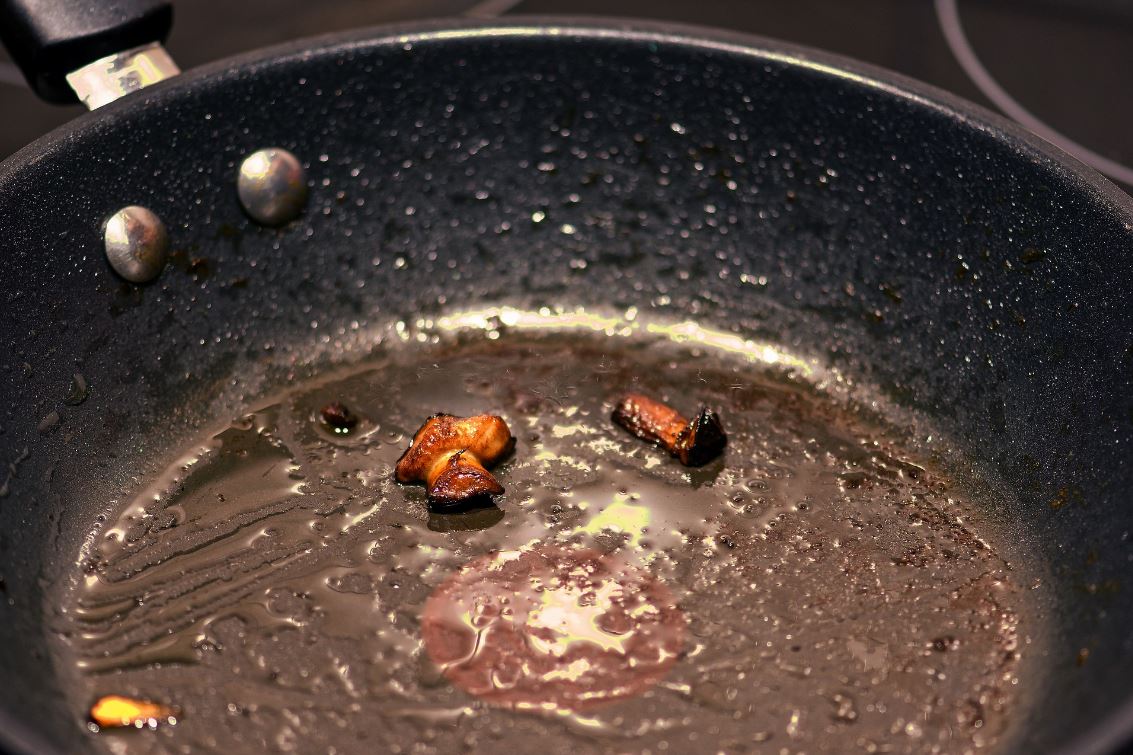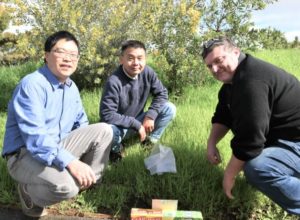
Ever noticed how your non-stick cookware wears thin over time?
Scientists from Newcastle University and Flinders University have now been able to measure how millions of tiny plastic particles potentially come off during cooking and in the wash as non-stick pots and pans gradually lose their coating.

Just one surface crack on a Teflon-coated pan can release about 9100 plastic particles, found researchers from the Global Centre for Environmental Remediation and Flinders Institute of NanoScale Science and Engineering.
And at a micro scale, their Raman imaging and an algorithm model have identified the release of 2.3 million microplastics and nanoplastics from broken coating.
"The non-stick coating material Teflon is generally a family member of PFAS," says University of Newcastle researcher Dr Cheng Fang.
"Given the fact PFAS is a big concern, these Teflon microparticles in our food might be a health concern so needs investigating because we don't know much about these emerging contaminants."
The study developed a molecular spectrum approach to directly visualise and identify the Teflon microplastics and nanoplastics, which are more difficult to monitor than other plastics.
Flinders University researcher Professor Youhong Tang says the study highlights the need to gain insights into the threat of Teflon plastic debris during daily cooking.
"It gives us a strong warning that we must be careful about selecting and using cooking utensils to avoid food contamination," says Professor Tang, from the College of Science and Engineering at Flinders University.
"More research is recommended to address the risk assessment of the Teflon microplastics and nanoplastics, given that Teflon is a family member of PFAS."
The study was funded by CRC CARE and the University of Newcastle and used data supplied by Flinders Microscopy and Microanalysis (FMMA) in conjunction with the Flinders Institute for Nanoscale Science and technology.
The article, Raman imaging for the identification of Teflon microplastics and nanoplastics released from non-stick cookware (2022) by Yunlong Luo, Christopher T Gibson, Clarence Chuah, Youhong Tang, Ravi Naidu and Cheng Fang, has been published in Science of The Total Environment DOI: 10.1016/j.scitotenv.2022.158293.






